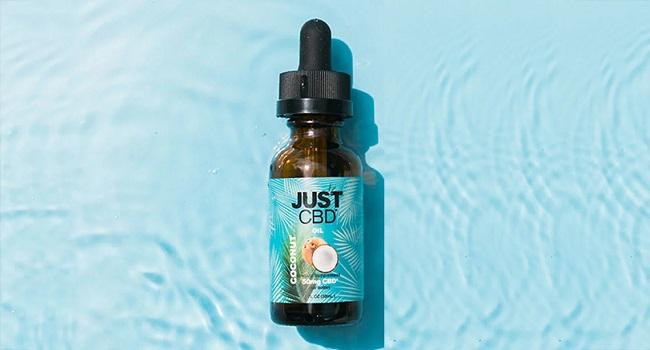What Does Tincture Mean? Understanding the Basics
Tinctures have been used for centuries as a way to extract and preserve the medicinal properties of plants. They are a concentrated liquid extract made from herbs or other plant materials that have been steeped in alcohol or another solvent. Tinctures are often used as a natural remedy for various health conditions, and they have become increasingly popular in recent years. In this article, we'll explore what tinctures are, how they are made, and their potential health benefits.
What is a Tincture?
A tincture is a liquid extract made from plant material, such as herbs or other botanicals. The process of making a tincture involves steeping the plant material in alcohol or another solvent, which extracts the active compounds from the plant. Tinctures are highly concentrated and are typically taken in small doses. They can be consumed directly, added to drinks, or used topically on the skin.
How Are Tinctures Made?
Tinctures are typically made using a combination of plant material and alcohol or another solvent. The plant material is first chopped or ground into small pieces and then placed in a glass jar. Alcohol is then added to the jar to cover the plant material completely. The jar is then sealed and left to steep for several weeks, allowing the alcohol to extract the active compounds from the plant. The mixture is then strained, and the resulting liquid is the tincture.
What Are the Health Benefits of Tinctures?
Tinctures have been used for centuries as a natural remedy for various health conditions. They are believed to be more potent and effective than other herbal preparations, as the alcohol helps to extract the active compounds from the plant material. Some of the most common uses of tinctures include:
- Digestive Issues: Tinctures made from herbs such as ginger, peppermint, and chamomile can help relieve digestive issues such as nausea, bloating, and indigestion.
- Anxiety and Stress: Tinctures made from herbs such as valerian root and passionflower are believed to have a calming effect on the nervous system, helping to reduce anxiety and stress.
- Sleep Disorders: Tinctures made from herbs such as lavender and chamomile can help improve sleep quality and promote relaxation.
- Pain Relief: Tinctures made from herbs such as arnica and comfrey can help relieve pain and inflammation.
It is important to note that while tinctures may offer some health benefits, they are not a substitute for medical treatment. It is always best to consult with a healthcare professional before using any herbal remedies, especially if you are taking medication or have a pre-existing medical condition.
In conclusion, tinctures are a concentrated liquid extract made from herbs or other plant materials that have been steeped in alcohol or another solvent. They are a natural remedy that has been used for centuries to treat a variety of health conditions. While tinctures may offer some health benefits, it is important to use them responsibly and under the guidance of a healthcare professional.
For More Info:-

Comments
Post a Comment